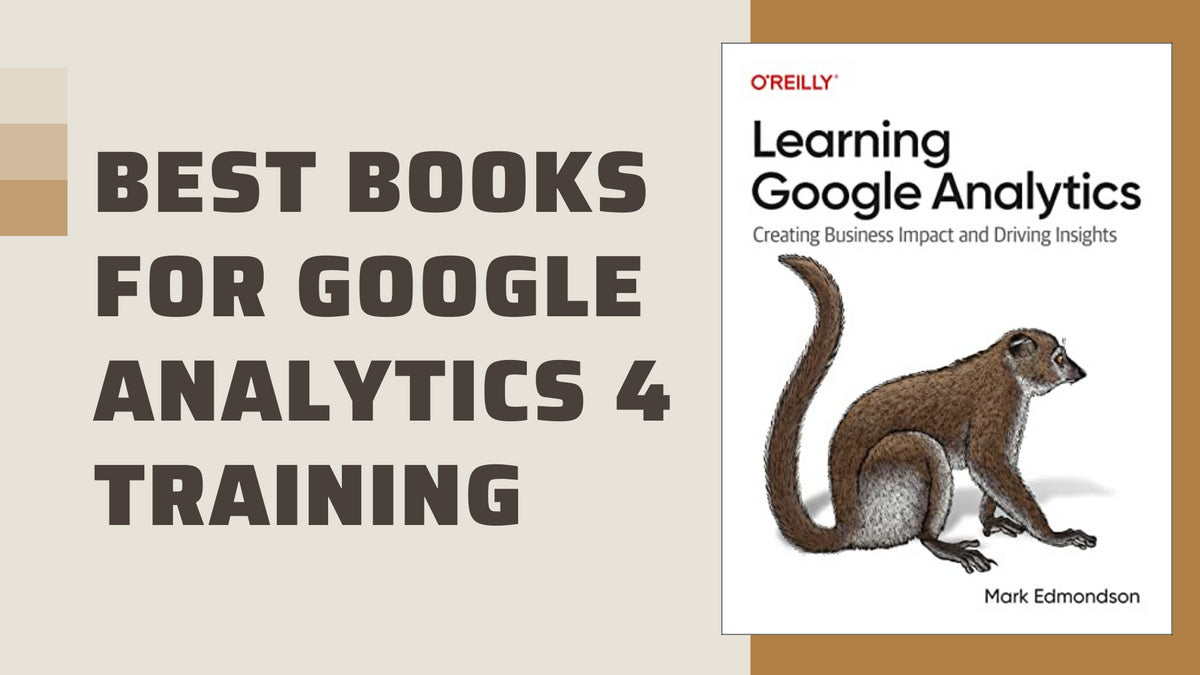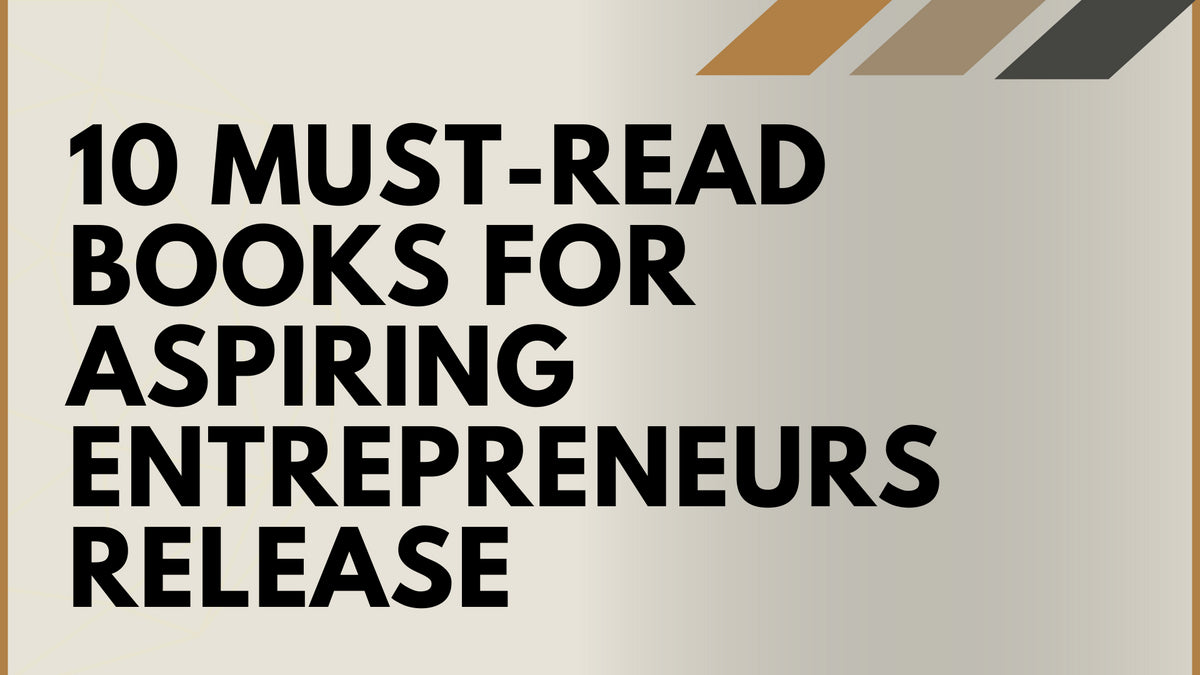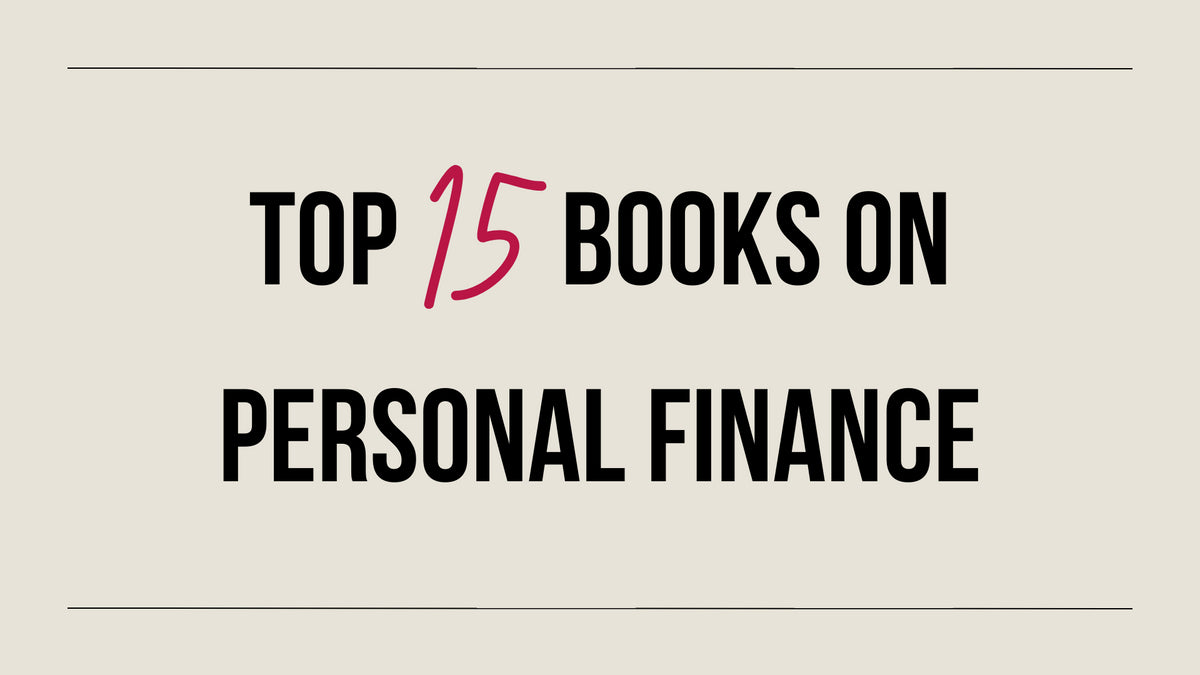Your Cart is Empty
What I Learned Losing A Million Dollars Book Summary: How To Invest
Listen To This Article
How To Invest In The Stock Market
The allure of stock trading/investing is irresistible to most of us. This short book is a must read for keen investors and business owners for that matter. It is inspired from the personal tale of the author and remarkable in its candor. The format is split into story and analysis, making it extremely interesting to read.Jim Paul reminiscences his own journey in the stock market, how he scaled the peaks of success and then lost over one million dollars when overconfidence set in and lady luck deserted him.
This book brilliantly focuses on the fatal mistakes investors make, countless examples from other investing books, and how to avoid and cope psychologically with mega losses as an investor.
It is one of the best finance books to read and recommended reading for persons keen on trading and investing or even business operations and startups. You can learn from the mistakes of the author, rather than from your own. A non-investor should also read this book to make better decisions in life.
Learn What Not To Do When Investing
- Luck plays an important role in investing and we often tend to overlook this
- Failure is part of the game. Winning is the mastery of failure. Lose in order to win
- Emotionalism is bad. It should be avoided and can be controlled
- Herd mentality is very real - Find those who disagree with you
- Have an exit strategy in place before you begin trading
- Do not personalize both success and failure

Featured In This Review
What I Learned Losing a Million Dollars
$21.05
A fun and educational book about investing and what not to do. Actionable lessons about personal finance, business management and humility. Learn to make calm objective decisions.
SHOP NOWWhat I Learned Losing A Million Dollars Book Summary
A short, valuable book written in the context of stock investing/trading. It focuses not on ‘how to make money’ but on ‘how not lose money’. Which is Warren Buffett’s first rule: “Rule number 1: never lose money. Rule number 2: never forget rule number 1.” More on that in the book about Warren Buffett’s Life, Lessons and Rules for Success.
What I Learned Losing a Million Dollars is a 3 part book. Part 1 is the story of Jim Paul, the author. His rags to riches story and then his downfall. Parts 2 & 3 deal with lessons learned. It includes analysis of trader psychology when encountering losses, and a framework to plan your market strategy.

Luck: Trading has this quirk that allows some people to be successful without true skill or knowledge. This luck fools people into thinking they are skilled. This leads to overconfidence which eventually backfires.
A certain percentage of successful investors thrive on sheer luck. Yet, we discount the luck factor and think they are knowledgeable or skilled. The trick is to be focused on the process and not the outcome. In the book The Messy Middle the author shares the story of when Jeff Bezos borrowed his first $100,000, he told the investors they would probably lose it. This allowed him to focus on the process.
Master Failure: Winners at trading have mastered failure. They understand that losing is part of the game and they have learned how to lose gracefully. Market volatility, wrong investment/trade decisions notwithstanding, you can still earn sensational returns over long term.

Lose in order to win. Use the lessons learnt from failure as stepping stones and climb higher. When you learn to accept failure and how to deal with it, it cannot prey on you psychologically. For more on this and tactics to apply failure and bounce back better read Antifragile.
Emotions: In general emotions are not good or bad, but they are unavoidable. Business or investment decision making based on emotions, however, is disastrous. Emotions must be controlled at a minimum and avoided completely as often as possible.
If opportunity defining criteria are not met, do not invest. Plan in advance and establish controls to stop loss. Do not get swayed by market booms and busts.
Herd Mentality: In a crowd, even a savvy, smart individual takes on the herd mentality. He will act differently, than he would, when in isolation.
Want to buy a book review like this?
Click here to learn how to get your book reviewed!
When in a crowd humans have been proven to commit acts they would not do in isolation. Even acts that go directly against his best interests. For investing specifically there is a shocking tenancy to give in to an assumption despite obvious accurate evidence that challenges it. Crowds remove inhibitions and you tend to risk more in a crowd. There is an enormous amount of information with wonderful examples of how this applies the human condition, not just investing in the book INFLUENCE.
Exit Strategy: Decide on the type of market participant you want to be. Do market analysis and your stop-loss rule before you trading. This applies to building and running a business as well. As talked about in the book Built To Sell.

When people ask why the market is up or down, they usually want to justify their own trading positions. This is a poor strategy. Financial decisions should not be based on subjective opinion. It should be based on the method used to invest, or your model. Write out a plan and stick with it. When you feel pain, stop. This is the most ideal exit strategy and it cost Jim Paul $1,000,000 to learn it.
Take both success and failure in your stride. Objectively view both. When you personalize either one of them, it psychologically affects you. Understand that success is not necessarily, a personal reflection of your ability. It could be a case of being at the right place at the right time. Again failure should not erode your self-worth.
Life is not just about destination, it is about how you walk the road to your destination.
Another amazing book on personal finance and investing is Rich Dad Poor Dad.
About The Author Jim Paul
Jim Paul (1943-2001), even as a nine year old in the 1950s, worked to pay for his school tuition and books. In college, he was an average student but did well in business and economics because he understood it intuitively.
An MBA from Xavier, helped him broaden his network. He got a job trading and learning from powerful brokers. Early success gave him the idea that he was "better" than everyone due to his ability to climb.
When fired, he moved to Cleveland and started trading the commodity markets. He joined the Chicago Board of Trade, and quickly got elected to the Board of Governors. He was making good profits. He realized it was mostly luck which was working for him.
Jim Paul was first vice president in charge of the Morgan Stanley Dean Witter & Co. International Energy Unit in New York City. During his twenty-five-year career in the futures industry, he was a retail broker, floor trader, and research director and served on the Chicago Mercantile Exchange Board of Governors and the Executive Committee.
Co-Author Brendan Moynihan is an editor-at-large for Bloomberg News, where he manages the popular column Chart of the Day and writes about the economy and Wall Street. He has been with the company since 2007 after spending more than twenty years on Wall Street as a trader and risk manager. He is the author of Trading on Expectations (Wiley, 1997) and Financial Origami: How the Wall Street Model Broke.
He is also Managing Director at Marketfield Asset Management LLC. His understanding of markets and media helps shape their macro views and allocations. He is an adjunct professor of finance at Vanderbilt University's Owen Graduate School of Management.
Want to buy a book review like this?
Click here to learn how to get your book reviewed!
Leave a comment
Comments will be approved before showing up.
Also in Books

The Best Books for Google Analytics 4 (GA4) Training
Unlock the secrets of Google Analytics 4 with our curated list of the best GA4 training books for 2023! Dive deep into actionable insights, master advanced techniques, and lead the digital analytics revolution. Don't get left behind; discover the ultimate resources to dominate GA4. Click now to elevate your skills!
Read More
10 Must-Read Books for Aspiring Entrepreneurs
Do you dream of starting your own business? If so, you need to read this article! We've compiled a list of 10 must-read books for aspiring entrepreneurs. These books will provide you with the knowledge and inspiration you need to turn your dream into a reality. Click here to read the article and learn more!
Read More
Top 15 Books on Personal Finance
Are you looking for a safe and informative place to learn about personal finance? If so, you've come to the right place! This article discusses the top 15 personal finance books on the market, all of which are sure to help you improve your financial situation without any explicit sexual descriptions or that is sexually suggestive in nature or is primarily intended to cause arousal.
Read More